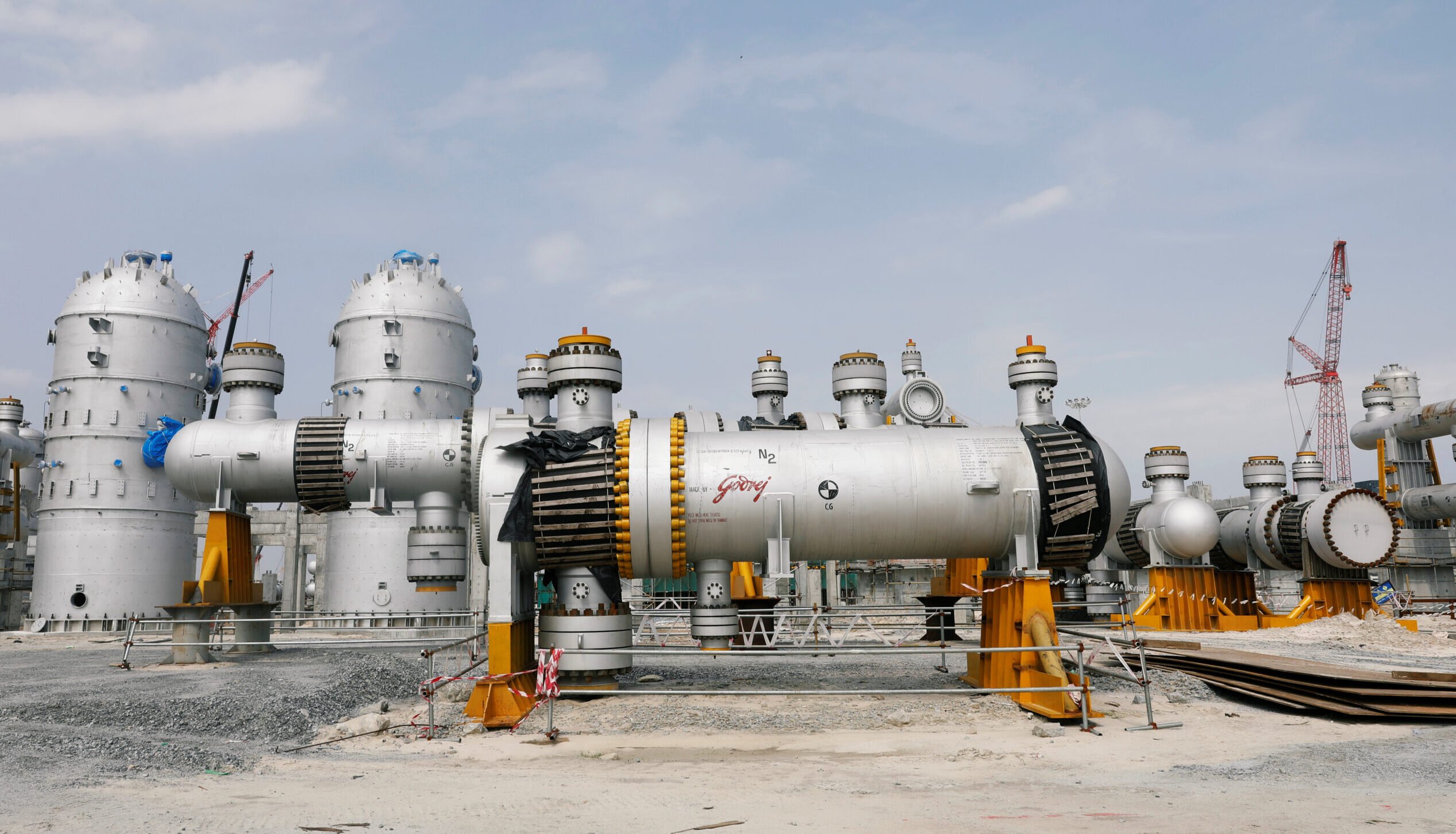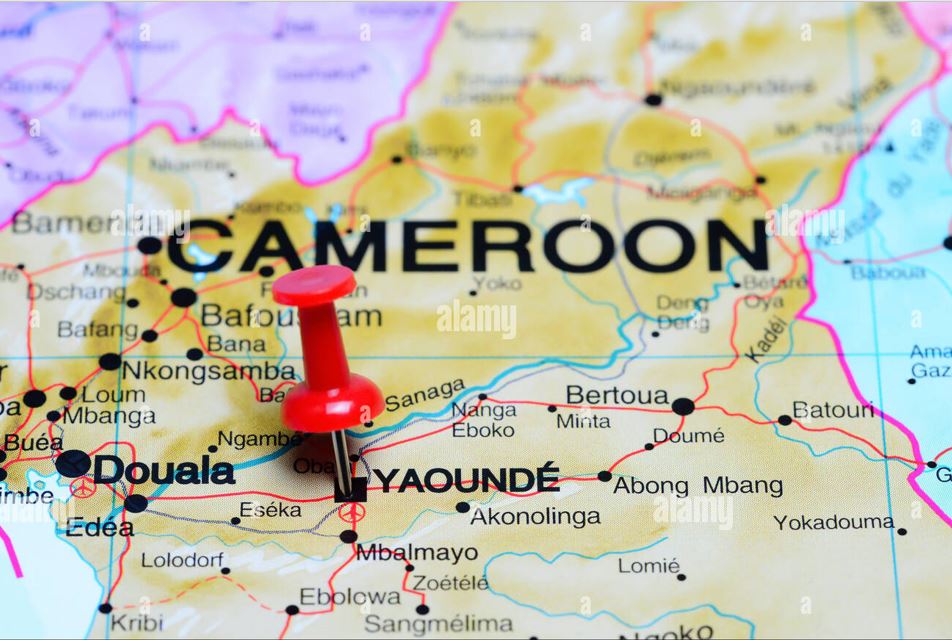In recent years, Cameroon has embarked on a transformative journey aimed at revitalizing its infrastructure, positioning itself as a key player in the economic development of Central Africa. This infrastructural renaissance is not only enhancing domestic connectivity but also fostering regional and global integration, paving the way for increased trade and economic growth.
One of the cornerstones of Cameroon’s infrastructural development is its commitment to modernizing transportation networks. The country has invested significantly in road and rail projects, creating efficient links between major cities and key trade routes. Upgrades to the road network reduce transportation costs, facilitate the movement of goods, and improve accessibility for businesses and communities. Additionally, the expansion and improvement of rail infrastructure contribute to a more sustainable and cost-effective means of transporting goods across borders.
Cameroon’s strategic geographical location as a gateway to Central Africa positions it as a pivotal hub for trade and commerce. Cameroon is strategically located in Central Africa, providing a gateway for landlocked countries in the region to access international markets. Its coastline along the Gulf of Guinea allows for maritime trade, while its borders connect with several neighboring countries, including Chad, Central African Republic, Gabon, and Nigeria.
The government’s focus on expanding and upgrading ports, such as the deep-water port in Kribi, enhances maritime connectivity, enabling the efficient handling of goods and facilitating international trade. These initiatives not only benefit Cameroon but also contribute to the economic development of neighboring countries by providing them with access to global markets.
The country has several major seaports, including the Port of Douala, which is the largest and busiest port in Central Africa. This port serves as a vital hub for the import and export of goods, facilitating trade not only for Cameroon but also for its landlocked neighbors. Cameroon has developed a network of roads, railways, and air transport facilities that enhance connectivity within the country and the broader Central African region.
The road and rail networks provide links to neighboring countries, enabling the efficient movement of goods to and from the ports. The country’s commitment to modernizing air transportation is another critical aspect of its infrastructural renaissance. Investments in airport infrastructure, including the expansion and renovation of major airports like Douala and Yaoundé, enhance Cameroon’s connectivity to the global air transport network. Improved air transportation not only facilitates the movement of people and goods but also attracts foreign investment and supports the growth of the tourism sector.
Furthermore, Cameroon’s emphasis on energy infrastructure plays a vital role in supporting industrialization and economic development. Investments in power generation, transmission, and distribution ensure a reliable and sustainable energy supply. This not only benefits domestic industries but also positions Cameroon as an attractive destination for foreign investors seeking a stable energy environment for their operations.
The infrastructural renaissance in Cameroon goes beyond physical connectivity. The government has also made strides in digital infrastructure, expanding broadband access and promoting digital innovation. This not only fosters economic development but also opens up opportunities for e-commerce and digital trade, further integrating Cameroon into the global economy.
As Cameroon continues its infrastructural renaissance, the country is not only connecting its regions internally but also establishing itself as a central player in the broader African and global markets. The improved transportation, ports, airports, and energy infrastructure create an enabling environment for businesses, trade, and investment. By leveraging its strategic position, Cameroon is contributing to the economic integration of Central Africa and fostering a more interconnected and prosperous future for the region on the global stage.


